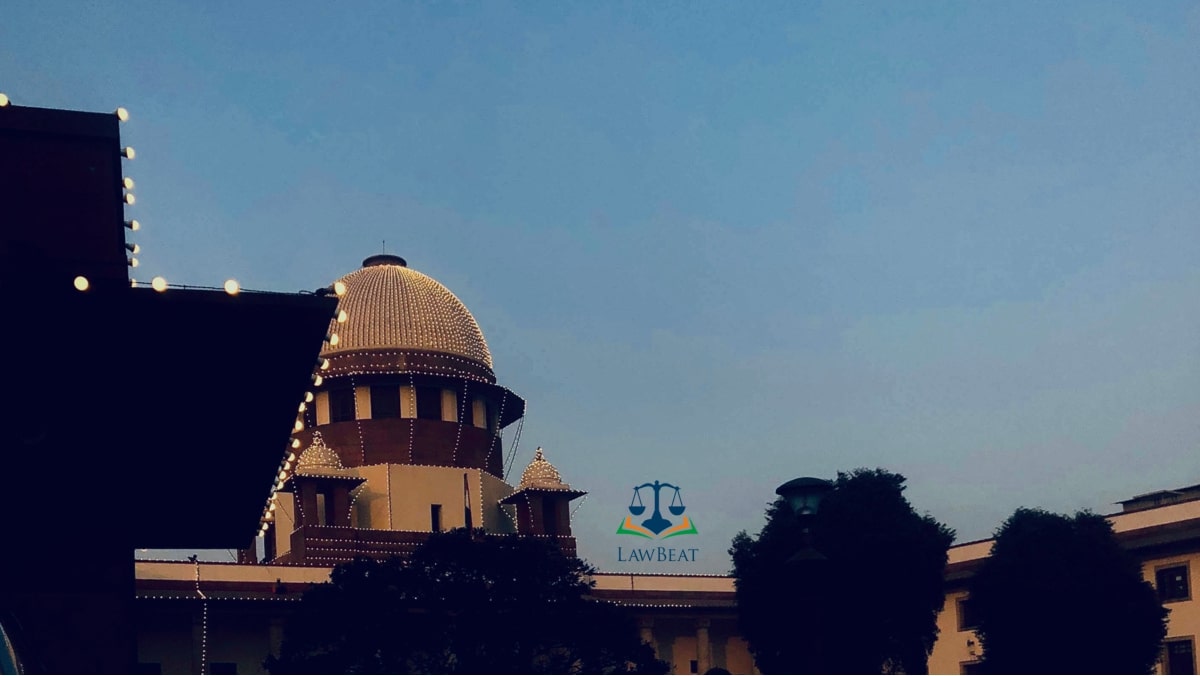Furnish Details of Expenditure on Advertisements from 2020: Supreme Court to Delhi Government

The Apex Court sought Delhi government's expenditure details on advertisements in the last three financial years after it quoted paucity of funds for fulfilling its contribution of its share in the rapid rail project connecting the national capital with the cities of Ghaziabad and Meerut in Uttar Pradesh
The Supreme Court on Monday came down heavily upon the Delhi government after it expressed lack of funds for fulfilling its contribution in the construction of the Delhi-Meerut Regional Rapid Transit System (RRTS) project.
A bench comprising Justices S K Kaul and Sudhanshu Dhulia directed the AAP government to file an affidavit within two weeks enumerating details of funds spent by it for advertisements in the last three financial years.
"If you have money for advertisements, why don’t you have money for a project that will ensure smooth transport?” observed the court after Delhi government’s counsel told it that there was a lack of funds.
The Court indicated that, if necessary, it may also order to divert the funds allocated for advertisement towards the completion of the project.
"You want us to get into what funds you are spending where. All funds for advertisement shall be diverted for this project. Do you want that kind of order? You are asking for it," the bench observed orally.
The observations came from the apex court when the Delhi government said that it has no finances available for contribution of its share of funds towards the semi-high-speed rail corridor project.
"The Delhi government has expressed its inability to contribute funds for the common project. Since paucity of funds is an impediment in this project, we call upon the NCT of Delhi to file an affidavit setting forth the funds utilised for advertisement as the project is of considerable importance. Details may be furnished for the last three financial years," noted the court in its order.
The matter has been posted after two weeks for further hearing.
